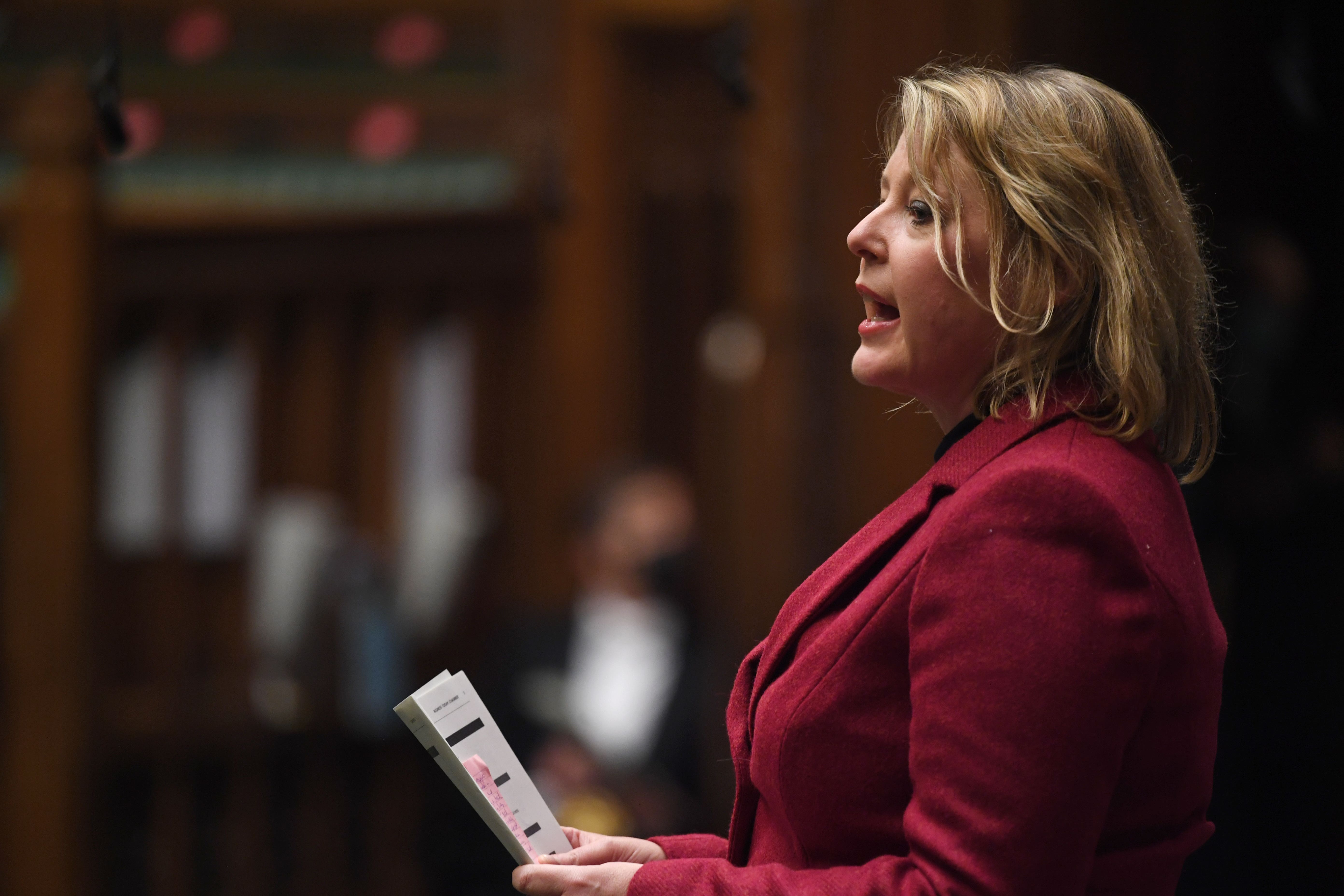Right to request flexible work could push over-50s back to employment, MPs claim
Conservative MP Scott Benton’s Workers (Predictable Terms and Conditions) Bill has cleared its first parliamentary hurdle.

Your support helps us to tell the story
From reproductive rights to climate change to Big Tech, The Independent is on the ground when the story is developing. Whether it's investigating the financials of Elon Musk's pro-Trump PAC or producing our latest documentary, 'The A Word', which shines a light on the American women fighting for reproductive rights, we know how important it is to parse out the facts from the messaging.
At such a critical moment in US history, we need reporters on the ground. Your donation allows us to keep sending journalists to speak to both sides of the story.
The Independent is trusted by Americans across the entire political spectrum. And unlike many other quality news outlets, we choose not to lock Americans out of our reporting and analysis with paywalls. We believe quality journalism should be available to everyone, paid for by those who can afford it.
Your support makes all the difference.Giving workers and agency employees the right to request more predictable terms and conditions of work could help the Government in its quest to get the over-50s back to work, ministers have heard.
Conservative MP Scott Benton’s Workers (Predictable Terms and Conditions) Bill cleared its first parliamentary hurdle after receiving an unopposed second reading and support from across the House of Commons.
The Bill makes new provisions in Part 8A of the Employment Rights Act 1996, to introduce a new statutory right for workers to request a predictable working pattern.
During the debate in the lower chamber, Conservative MP Nickie Aiken insisted the Bill would also help the Government in plugging record gaps in Britain’s labour force.
Mel Stride, the Work and Pensions Secretary, is currently carrying out a review of how to get over-50s back into employment.
He will report to the Treasury in the next few weeks and according to reports, he could recommend a mixture of tax breaks and reforms to job support to target older workers.
Setting out the case for his Bill, the Blackpool South MP said: “Zero hours contracts are an important part of the UK’s flexible labour market, both for employers where there is not a constant demand for staff and indeed for individuals who need to balance work around other commitments such as childcare and study.
“However, the 2017 Taylor Review of Modern Working Practices found that workers on zero hours contracts as well as agency workers and temporary workers struggle where flexibility is one-sided in an employer’s favour.”
“This one-sided flexibility means that workers need to be available to their employer with absolutely no guarantee of work. Employers can also schedule or cancel shifts with very little notice leading to insecurity of hours and income for workers or in the case of temporary agency workers dismissal altogether at short notice.
“To address the issue of one-sided flexibility, the Taylor review recommended that the Government should create a new right to request a contract with guaranteed hours for zero hours contract workers.
“The successful passage of my Bill today will create a new right for eligible workers to request a more predictable working pattern.”
Intervening, Ms Aiken, MP for Cities of London and Westminster, asked him: “Does my honourable friend agree with that as we are trying to encourage the over-50s back into the workplace that this Bill may go some way into giving them the security that they will get hours and they will get paid for the work they do?”
Mr Benton replied: “I know the Government are looking at this actively, and I hope it’s an issue the Government continue to press to ensure we can address those labour shortages by widening the pool of potential people to take those vacancies.”
Business minister Kevin Hollinrake said the Government was “very keen to find solutions” to get more over-50s back into work.
He told the Commons: “It is very important we try and attract more people who have left the workforce, over-50s, back into the workplace. We know that around 575,000 people since the start of the pandemic have left the workforce. Those people are of working age.”
Stressing that part of the solution was creating a “more flexible” workplace, Mr Hollinrake gave the Government’s backing to the Bill.
He went on: “The Bill will allow individuals and businesses to strike the right balance between flexibility and job security. Workers will be empowered and encouraged to start conversations with employers about their work patterns, with the confidence that starting such a conversation would not result in detriment.”